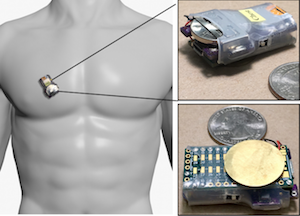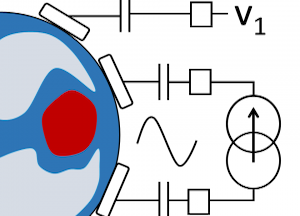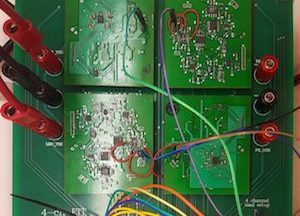|
|
|
The primary goal of our work is to design highly-efficient analog and mixed signal integrated circuits for sensor interfaces in wearable biomedical devices. Many of these devices simultaneously require high quality sensor data and very low power consumption. To address these opposing demands, we have built expertise in the complete signal processing chain, from physical transduction to machine learning algorithms, which allows us to be very selective and efficient about what type of data to sense, when to sense it, and at what fidelity. We implement this selectivity via a nonlinear dynamical systems approach to integrated circuit design.
Our research is enabling some newly-emerging applications that could transform health care delivery from a centralized and curative model to a more patient-centric and preventive one.



